The purchase price of electricity is higher than the selling price.
Speaking at the 2023 year-end conference of Vietnam Electricity Group (EVN) on January 2, Mr. Nguyen Anh Tuan, General Director of EVN, reviewed the prominent issue of last year, which was the local power shortage in the North, in which he analyzed the subjective causes in depth.
Regarding the mobilization of electricity and regulation of hydroelectric reservoirs, Mr. Tuan said that the Ministry's Inspectorate had pointed out that even in the review session of the Party Committee of the Group, many officials said that we also had a certain subjectivity.
"With the hydrological situation in the first 3 months of the year being relatively normal, we have adjusted our exploitation sources. When the drought occurred, the water did not return, leading to the hydroelectric reservoir not being able to generate electricity for the next 3 months. This is something the group has seen and will have a direction to overcome in 2024," said Mr. Tuan.
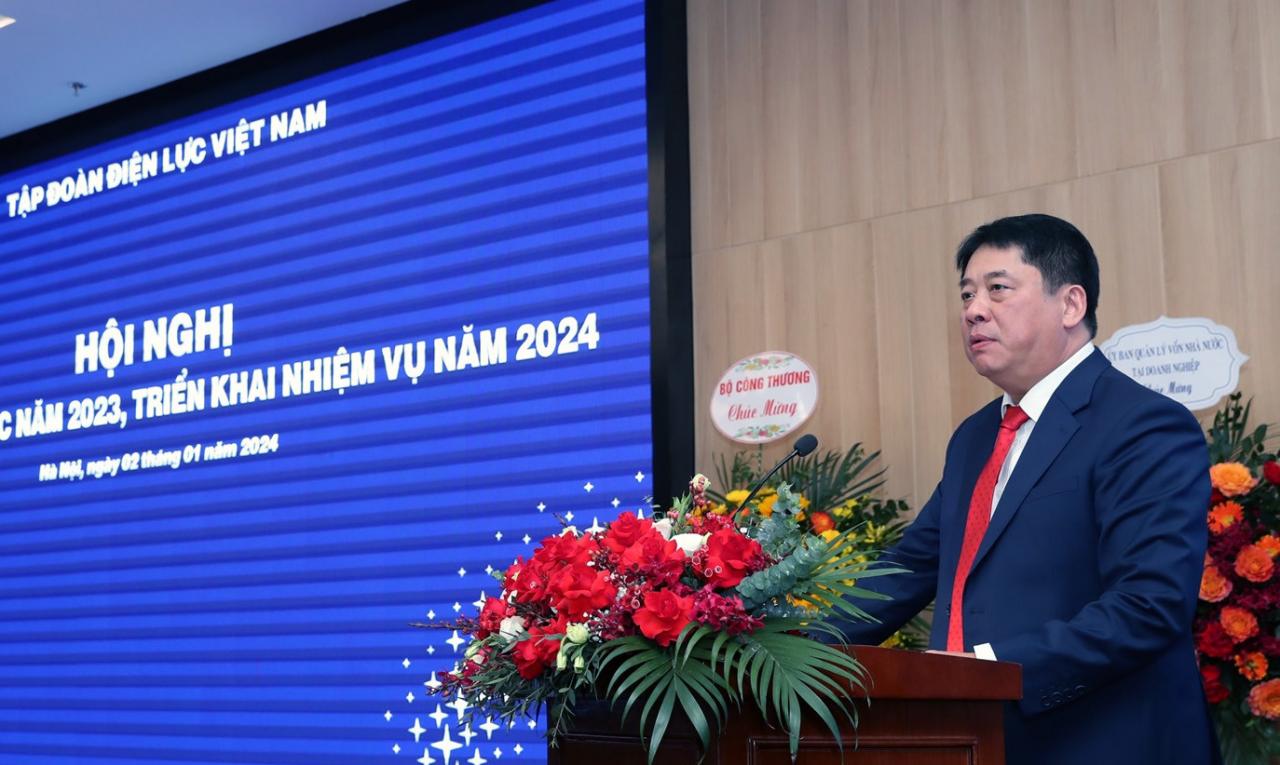
According to Mr. Tuan, coal preparation for power generation is not good yet. Many coal-fired thermal power plants of EVN, GENCOs, and outside power plants have encountered problems. Repair work is still slow.
“All these causes have been pointed out, the problem is to have a solution to implement for 2024,” EVN leader shared.
Analyzing the prices of electricity sources, Mr. Tuan affirmed that "the most stable is only hydropower, accounting for 28.4% of output". As for renewable energy, due to the initial incentive policy, the price is also very high, higher than the selling price of EVN. If calculated on average up to now, the price of renewable energy is approximately the selling price of EVN. The remaining, nearly 45% of electricity output depends entirely on the market, according to other sources of supply.
Looking at the source structure like that, Mr. Tuan assessed: Our electricity price is due to the use of resources. EVN must set up a communication strategy so that customers understand why they must use electricity economically and effectively. Using resources will make resources increasingly depleted, so the price can only go up, not down.
EVN leaders said: The total cost of electricity production of the group is 2,092.78 VND/kWh, while the selling price is 1,950 VND/kWh. The production cost that EVN has to buy electricity from its units as well as external sources is approximately 1,620 VND/kWh.
"The cost of purchasing electricity accounts for 80% of the total cost, which is extremely abnormal," Mr. Tuan emphasized.
Because, experience from other countries shows that the maximum cost of electricity production only fluctuates between 40-50%, the remaining 50% is for transmission, distribution and other activities. Now the cost of electricity production accounts for 80%, only 20% for other costs, it is very difficult to balance finances and optimize the entire operation.
For 2024, EVN leaders predict that the group will continue to face a series of difficulties and challenges. The immediate challenge is the ability to balance finances, because in the past 2 years, EVN has not been able to balance, and this situation may recur.
"It is necessary to seek support from the Government and ministries to adjust policies and retail electricity prices to solve this problem," Mr. Tuan noted, assessing that electricity supply will be difficult for at least the next 3 years, especially in the North.
Emphasizing the role of inspection and supervision, Mr. Tuan said that the painful lessons in 2023 came from this stage. Therefore, in 2024, EVN will promote the improvement of efficiency and inspection and supervision from the group to the units.
"There are incidents that if we do a good job of inspection and supervision, we can prevent them from having consequences," EVN leaders shared.
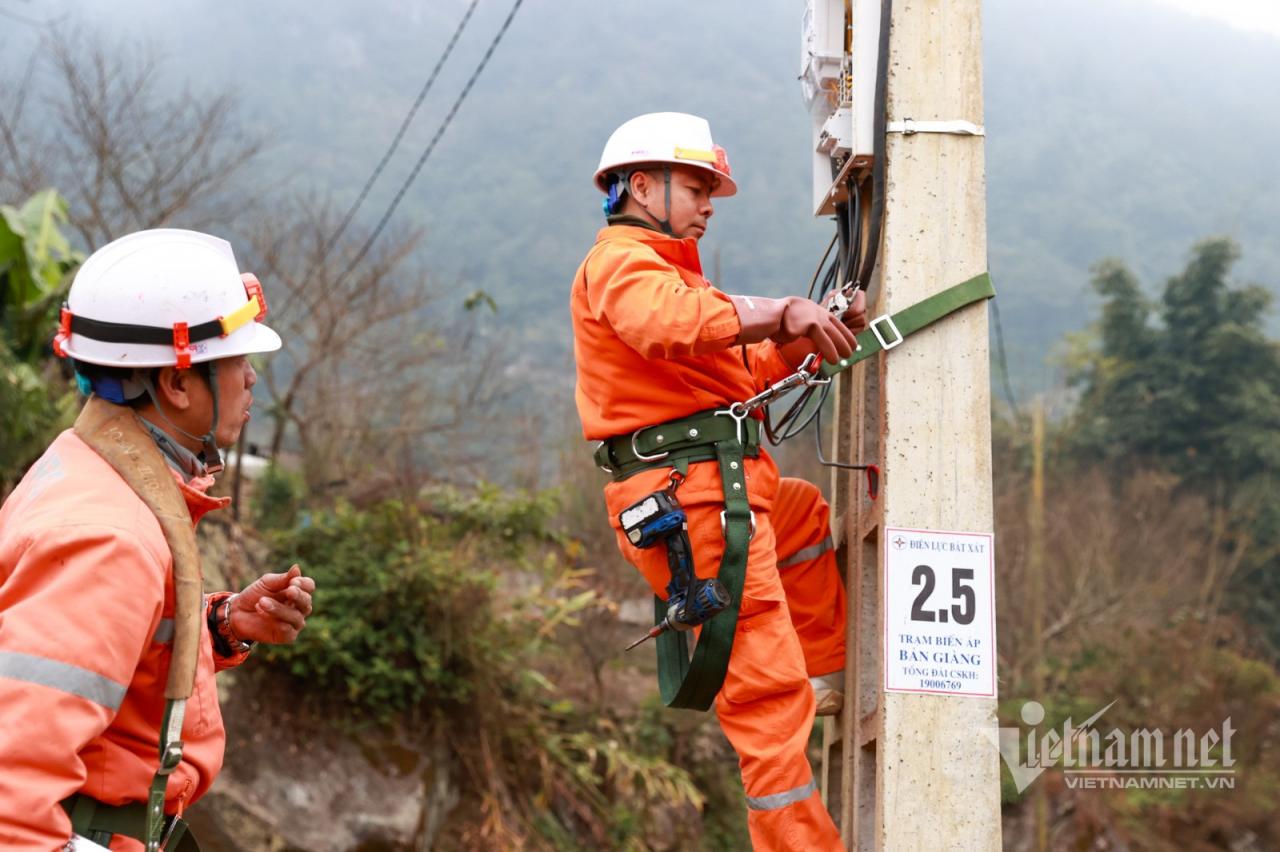
Worried about not being able to retain workers
Looking at the story of the power shortage in the summer of 2023, Mr. Nguyen Hoang Anh, Chairman of the State Capital Management Committee at Enterprises, noted that "we must learn from experience for the upcoming future".
Mr. Nguyen Hoang Anh said he is still persistent in reporting to his superiors that EVN and the State energy sector only account for 48% of capacity, while the remaining 52% belongs to outside units.
The leader of the State Capital Committee noted that communication work must make the public understand that “EVN does not represent the electricity industry”. “If there is any problem with electricity, just thinking of the Electricity Group is not okay”, said Mr. Hoang Anh.
Mr. Nguyen Hoang Anh also mentioned the press's mention of "why EVN is losing money while power generation corporations are making profits".
According to the leader of the State Capital Committee, he had to go to many places to explain that if the corporations also made losses, the power system would be in danger. Only when the corporations were stable and developed could the power system be maintained.
Emphasizing the mechanism for adjusting electricity prices, Mr. Nguyen Hoang Anh said that if electricity prices are not increased, accumulated losses cannot be resolved, and if accumulated losses cannot be resolved, nothing can be done.
Mr. Dang Hoang An, Chairman of EVN, emphasized: The power shortage is a costly lesson for EVN. The group's officials are being examined for responsibility and disciplined. This is a difficult task for the coming years, not only 2024, 2025, 2026 but until energy security across the country is guaranteed.
Referring to the very difficult financial situation, not knowing when the losses will end, Mr. Dang Hoang An said: If the financial situation does not improve soon, the lives of workers will be affected, and many low-paid officials will leave the industry.
Expressing that the recent cases are "the pain and shame of the electricity industry", Mr. Dang Hoang An affirmed: EVN must follow the international governance direction of transparency and high accountability, from the electricity market, electricity price negotiations, costs, buying and selling, avoiding the situation of looking at the group as a black box; so that when the public asks about financial reports, the units must be very public.

Source










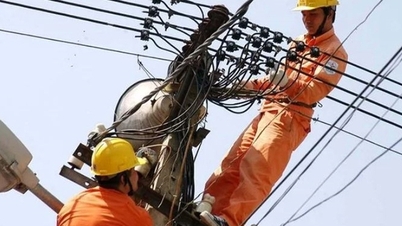

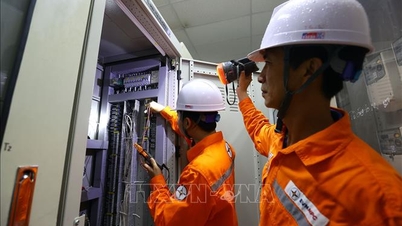

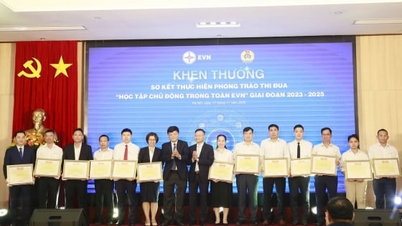




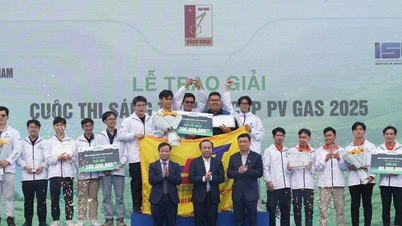



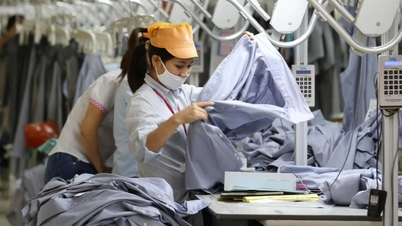
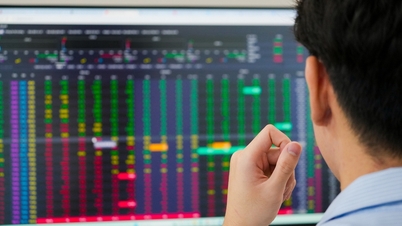

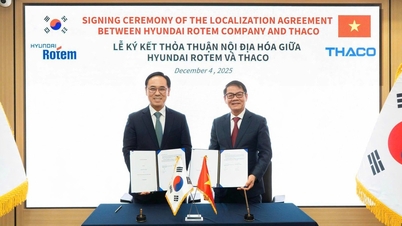
























































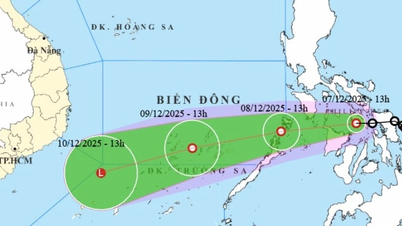


























Comment (0)